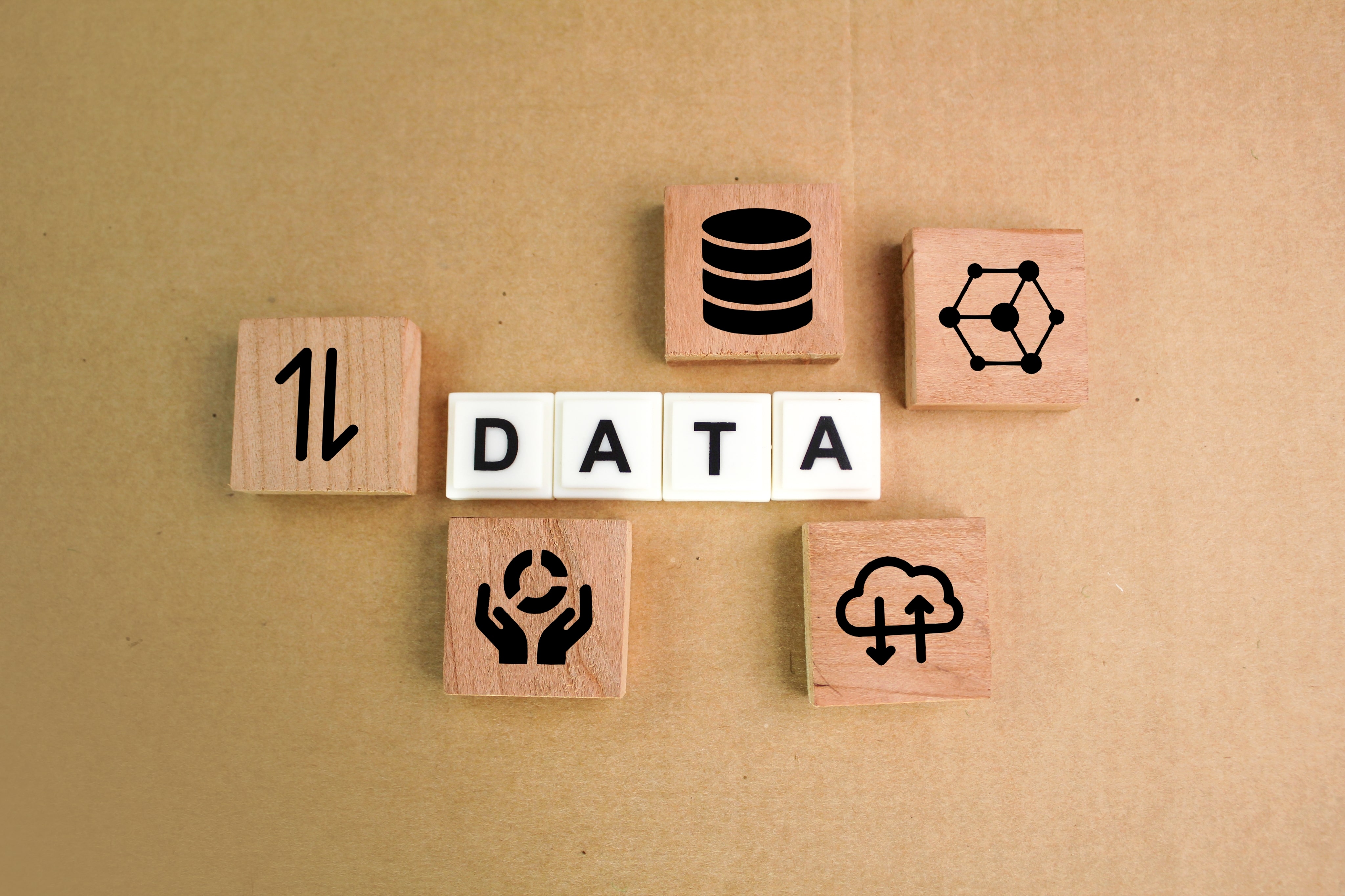
In today's world, data is king. Businesses are generating more data than ever before, and they need to be able to make sense of it in order to make informed decisions. This is where data science and data analytics come in.
Data science and data analytics are two closely related fields, but there are some key differences between them. Data science is a more general field that encompasses all aspects of working with data, from collecting and cleaning data to building predictive models. Data analytics, on the other hand, is a more focused field that is concerned with analysing data to extract insights and make recommendations.
What is Data Science?
Data science is a multidisciplinary field that combines elements of statistics, machine learning, artificial intelligence, and business acumen. Data scientists use these skills to extract insights from data, build predictive models, and develop new algorithms.
The scope of data science is broad. Data scientists may work on a variety of projects, such as:
Developing new products or services
Improving customer satisfaction
Reducing fraud
Identifying new market opportunities
Making better business decisions
What is Data Analytics?
Data analytics is a field that focuses on analysing data to extract insights. Data analysts use a variety of tools and techniques to analyse data, including statistical analysis, data visualisation, and machine learning.
The focus of data analytics is more specific than data science. Data analysts typically work on projects that involve:
Identifying trends
Solving problems
Making recommendations
Key Differences Between Data Science and Data Analytics
The following table summarises the key differences between data science and data analytics:
Skills Mathematics, programming, statistics, business acumen, communication Business acumen, communication
So, which field is right for you? If you are interested in a career that involves working with data in a variety of ways, then data science is a good option. If you are more interested in a career that focuses on analysing data to extract insights, then data analytics is a good option.
Of course, there is no need to choose between data science and data analytics. Many professionals work in both fields, and the skills that you learn in one field can be applied to the other.
If you are interested in becoming a data scientist or data analyst, there are a few things you can do to prepare:
Get a degree in data science or a related field.
Learn about the different tools and techniques used in data science and data analytics.
Gain experience working with data.
Develop your communication skills.
The Future of Data Science and Data Analytics
The demand for data scientists and data analysts is growing rapidly. As businesses continue to generate more data, they will need people who can help them make sense of it. This means that there are great opportunities for those who are interested in pursuing careers in data science and data analytics.
Conclusion
Data science and data analytics are two important fields that are transforming the way businesses operate. If you are interested in a career in these fields, there are a few things you can do to prepare. Get a degree in data science or a related field, learn about the different tools and techniques used in data science and data analytics, gain experience working with data, and develop your communication skills. With the right skills and experience, you can have a successful career in data science or data analytics.
 7/12/2023, 23:21:58 by Tech Tip 24
7/12/2023, 23:21:58 by Tech Tip 24